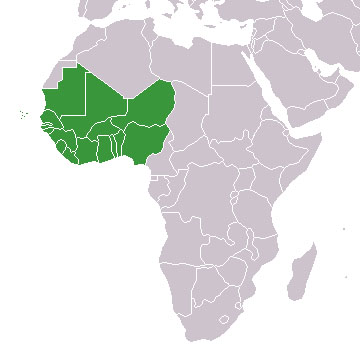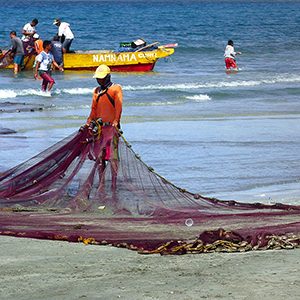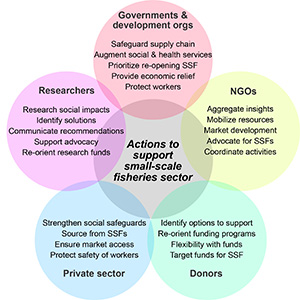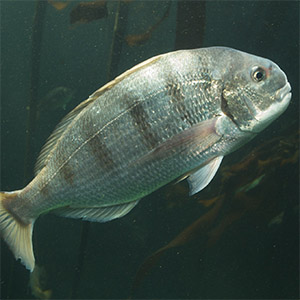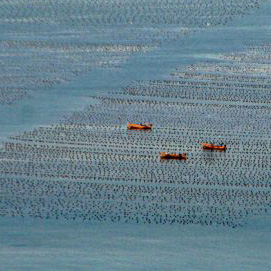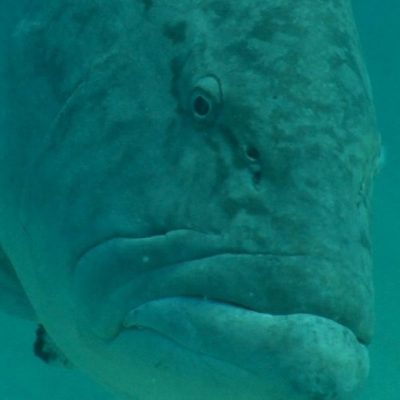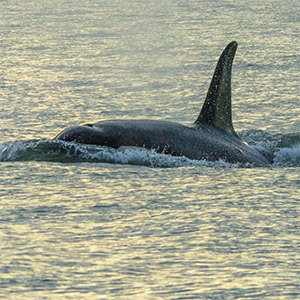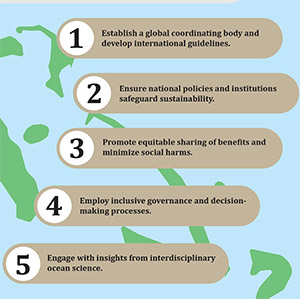FCRR – Assessments of marine fisheries resources in West Africa with emphasis on small pelagics
From a training course entitled “Utilisation de la méthode CMSY pour l’évaluation des stocks ouest-africains” held in September 23-27 2019 in Dakar, Senegal.
New World Wildlife Fund reports call for better policy to save fish from climate change
IOF’s Drs. Juan Jose Alava and William Cheung contributed to two WWF reports.
Solidarity with all people protesting police violence in Canada and the US
The Institute for Oceans and Fisheries is proud to stand in solidarity with UBC’s Black Student Union and all people protesting police violence against Black people in Canada and the United States.
How small-scale fishers are struggling amid COVID-19 crisis
Researchers explored the impacts of the COVID-19 crisis on small-scale fisheries in Canada and worldwide, and provided recommendations on how to support them.
New assessment method reveals many fish stocks are in urgent need of sustainable management
The new method revealed that several fish stocks across oceans are far below internationally agreed minimum levels and in urgent need of sustainable management.
Figuring out total human impact on biodiversity
A new methodology for documenting the cumulative human impacts on biodiversity, dubbed EPOCH – for Evaluation of Population Change – was developed by scientists from Europe, Asia, and North America.
Aerial drones offer new perspective on resident killer whale behaviour
Scientists got a rare glimpse into the underwater behaviour of killer whales off the B.C. coast, with the help of aerial drones.
FCRR – The catch and trade of seahorses in the Philippines post-CITES
This Fisheries Centre Research Report was produced by Project Seahorse and the Zoological Society of London-Philippines, and carried out in collaboration with the Philippines Bureau of Fisheries and Aquatic Resources
Achieving a safe and just future for the ocean economy
With economic potential of the oceans expected to double to US$3 trillion by 2030, growth should be effectively managed so that it is sustainable and equitable.
